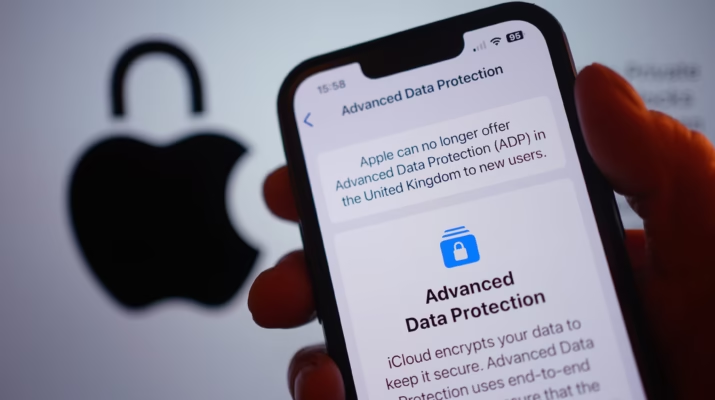The UK government has withdrawn its demand for Apple to create a back door into its encrypted user data, following a high-profile dispute involving U.S. President Donald Trump and privacy advocates.
The decision was confirmed by Tulsi Gabbard, U.S. Director of National Intelligence, who stated in a post on X (formerly Twitter) that she had worked closely with President Trump and Vice President JD Vance to ensure Americans’ private data remains protected. “Our goal is simple,” she said, “to ensure constitutional rights and personal privacy are not compromised.”
The controversy began when the UK Home Office reportedly issued a notice under the Investigatory Powers Act 2016, demanding access to Apple’s Advanced Data Protection (ADP) feature. ADP is an optional iCloud tool that offers end-to-end encryption—even Apple can’t access user data once it’s enabled.
In response, Apple disabled the ADP feature for UK users and launched legal action against the Home Office, arguing the demand would undermine the privacy of millions of users.
President Trump weighed in, comparing the UK’s request to Chinese-style surveillance, and revealed he had personally told Prime Minister Sir Keir Starmer during a February meeting that the demand was “unacceptable.”
Prominent voices, including Conservative MP Sir David Davis, praised the government’s U-turn. “Creating a back door would only serve to weaken encryption for everyone, making us more vulnerable to malicious actors,” he warned.
Privacy advocates and tech experts have long argued that compromising encryption sets a dangerous precedent, even as law enforcement agencies maintain that such tools hinder criminal investigations, particularly those involving terrorism and child exploitation.
While the UK government has not directly commented on the reversal, a spokesperson emphasized that security cooperation with the U.S. remains strong, and both nations are committed to balancing national security needs with the protection of civil liberties.




